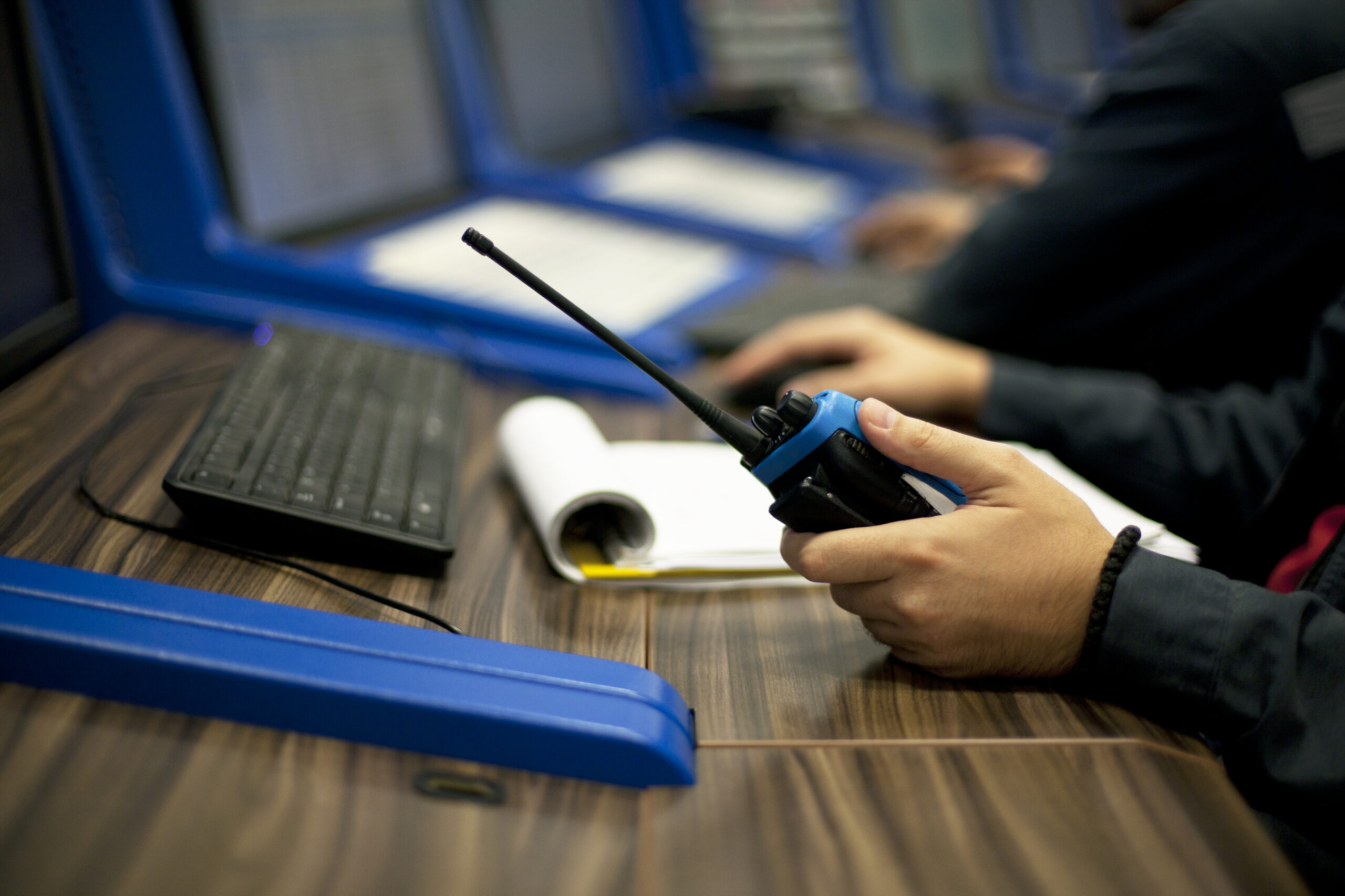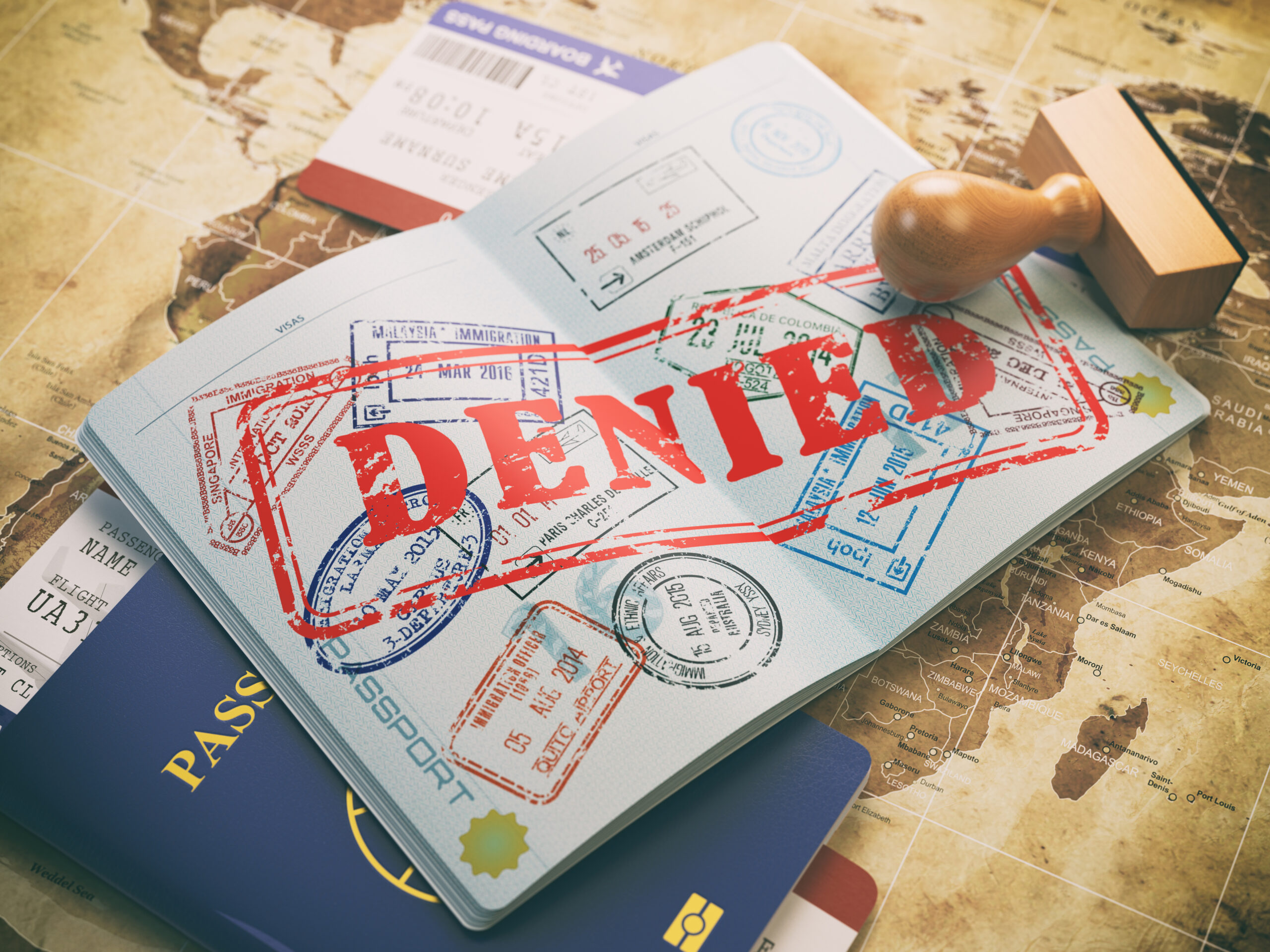Could state governments sway the decision of an entire nation? As the 2024 Presidential Race speeds up, the role of state legislatures is clear. The presidency is a federal job, but state legislatures might change everything. This is more than politics; it’s about democracy itself.
State governments have always played a big role in national elections, but they often stay out of the spotlight. Their decisions affect more than just their area, shaping voter opinions and the electoral college. For example, Virginia’s new digital privacy laws and Wisconsin’s debates on reproductive rights show how state legislatures set the stage for presidential candidates.
These legislative bodies have a quiet but big impact: they decide what issues matter nationally. Issues like cybersecurity, voter rights, and union endorsements are getting attention. The real question is not just who will win, but how state policies will show what Americans want.
Looking closer at state politics, we see something interesting. Bipartisan efforts and local movements could change the 2024 Presidential Race. Think about it: Could the decisions made by state legislatures be as important as the presidential campaigns?
Understanding the Influence of State Lawmakers in National Elections
The role of state lawmakers in national elections is huge. They have a big say in how elections are run. This affects how votes are counted and who gets to vote.
State legislatures also shape voter rights and election rules. These rules are key to the national election outcome.
Local governments play a big role too. They decide on voting areas, ID laws, and how to run elections. These decisions are made at the state level and affect the whole country.
These choices can change who votes and how many. They also affect the final count in big races.
“The seamless blend of local governance and national implications underscores the potent state lawmakers influence in shaping not just state, but national policy,”
notes a recent study on electoral reforms.
State lawmakers from different parties working together is interesting. For example, in Virginia, they passed laws about privacy. This shows how state legislatures can push for change across the country.
In summary, knowing how state legislatures work is key to understanding national elections. Their decisions, big or small, shape the country’s voting process.
Key Policy Issues Shaping State Legislative Agendas Across the Nation
As the 2024 election gets closer, state politics are being shaped by key policy issues. These issues are at the heart of state legislatures and could change the political future. Environmental and economic policies are at the center of debates, affecting how states grow their economies while protecting the environment.
Many states are fighting climate change by introducing carbon pricing. This shows a trend of states acting fast when the federal government is slow. For example, ten states have started using carbon pricing in the electricity sector, moving towards cleaner energy.
Economic recovery and managing past crises are also big topics in state politics in the 2024 election. Lawmakers must balance budgets and boost the economy, a tough task made harder by recent economic issues. States are also looking at how to meet federal goals, like those in the US IRA, while keeping their environmental targets.
These policy issues highlight the important role of state legislatures in shaping national policies. By trying different approaches, states not only solve current problems but also set examples for the future of federal policies.
The 2024 election will show a variety of ways states tackle these big issues. These decisions will have a big impact on national politics, guiding the future of America’s governance.
State Legislatures in the 2024 Presidential Race: A Decisive Factor
The decisive role of state legislature in national elections is huge, especially for 2024. They control voter registration, districting, and election security. These laws affect election integrity and accessibility.
Economic challenges lead to new state laws. These laws can change public opinion and election results. The mix of state legislatures and presidential election issues is complex but key.
By refining electoral laws, state legislatures hold the capacity to either enhance or inhibit voter turnout, thereby playing a decisive role in shaping the presidential election landscape.
State laws also reflect national issues like healthcare and education. For example, some states are leading on clean energy. Their decisions can affect national and global policies.
In conclusion, state legislatures will play a big role in the 2024 election. Their choices shape the election and set national precedents. Watching these developments is crucial for understanding American politics.
The Role of Bipartisan Efforts in State Legislation on Presidential Campaign Dynamics
In the world of politics, bipartisan efforts in state legislatures play a big role. They bring together different views and tackle big national issues. For example, in Colorado, a bipartisan effort led to the passage of Senate Concurrent Resolution 2. This resolution changed how citizen-led initiatives can affect elections.
The state legislation influence on presidential campaigns is clear. These laws shape how campaigns run and how they engage with voters. For instance, Amendment K in Colorado changed when groups can start their campaigns. This means presidential campaigns must adjust their plans to fit these new rules.
Also, bipartisan efforts in state legislatures show what might work on a national level. When states work together on issues like Amendment K, it shows that cooperation is valued. This can make voters more likely to support candidates who also work across party lines.
Looking ahead to presidential campaigns, the impact of state legislations will be huge. These laws not only change rules but also set the stage for campaign strategies. They push for teamwork and unity, showing that working together is key.
Local Government’s Role in National Elections: More Than Meets the Eye
The local government’s role in national elections goes beyond just running elections. Local governments know their communities well. They shape public opinion and make sure elections reflect local needs. This can really change the outcome of national elections.
This grassroots level of interaction uniquely positions local entities to implement impactful legislation at the state level, often serving as testing grounds for broader national policies. As such, local policies are vital in setting precedents that find resonance at higher echelons of governance.
Local governments also make sure everyone in the community can vote. They create programs that help different groups get involved in elections. This shows how local governments help make democracy fair and inclusive.
It’s also important to note that impactful legislation at the state level often starts with local issues. State lawmakers make policies to solve local problems. These policies can affect national elections. This shows how local decisions can impact national issues.
State Legislatures and Presidential Election: Addressing Voter Rights and Access
State legislatures play a huge role in voter rights and election access. They set the rules for how elections are run. This is key as we get ready for the next presidential election. Their actions help make sure all eligible voters can cast their ballots easily.
State legislatures’ effect on voter rights shows up in laws that help or hinder voting. They decide on voter ID, early voting, mail-in ballots, and voter list management. These choices greatly affect election fairness and turnout.
Accessibility in elections also falls under state legislatures. They decide on polling place funding, voting tech, and a safe voting environment. Their decisions can make voting easy or hard.
These state bodies must be open and answerable for their actions. Watching their work helps voters and groups push for fair voting laws. This ensures our democracy values every citizen’s right to vote.
It’s vital for voters to keep up with state legislature news. Knowing how their actions affect voting rights and access is crucial. This helps protect our elections’ integrity and fairness for everyone.
Assessing the Legislative Response to Cybersecurity and Election Integrity
The integrity of our elections is key to democracy. State legislatures play a big role in fighting cyber threats. With the next Presidential race coming, their actions are more important than ever.
The R Street Institute and the Stavros Niarchos Foundation Agora Institute are leading the way. They held a two-day Elections Summit in Pittsburgh, PA. This event aimed to strengthen our democracy and improve cybersecurity laws.
They focus on important policies like checking ballots before they’re counted. They also want to make sure local people trust our elections. Sessions in Arizona, Georgia, and Wisconsin have shown progress. Now, they’re planning to meet in Kentucky, Kansas, Idaho, and Texas to keep the momentum going.
Eli Lehrer once worked with the institute and supported mail ballots. He believed they were safe from big frauds. The institute also backs ranked-choice voting to protect voters’ choices.
At DisinfoCon 2024, global talks highlighted the need for clear and honest information. The Coalition for Independent Technology Research wants to change social media rules. This shows the world’s concern for keeping information safe.
Recently, the Disruptive Technology Strike Force and Task Force KleptoCapture took action. They targeted illegal tech exports and darknet sites. This shows a strong effort to stop cyber threats, including those to our elections.
In short, we need strong election integrity measures and a quick legislative response to cybersecurity. This is crucial for fair elections. The work at the state level shows we understand the link between cybersecurity and election integrity. We must stay vigilant and keep taking action.















